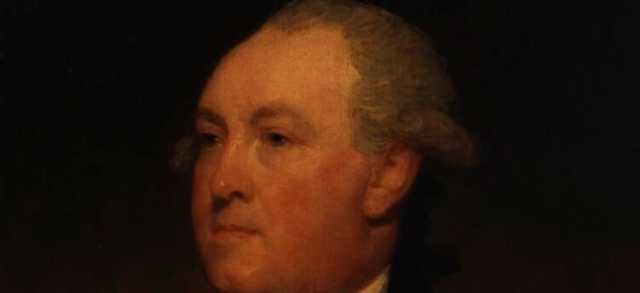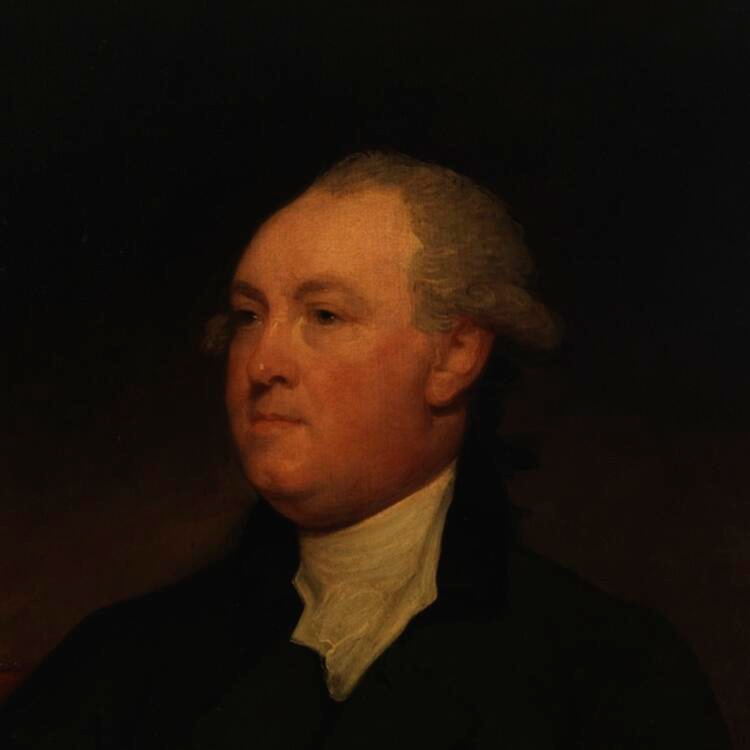The Right To Keep and Bear Cash
A libertarian friend called me at 6.30am last Tuesday whist I was riding the train to work. “How do you start a community bank?” he asked. My friend lives in rural NSW and as they say in the country, he is “jack” of the major banks.
“The banks are closing one after the other and the ATMs are disappearing too. Which means cash is disappearing. We need to get our own bank around here”.


This issue is fast becoming mainstream, reported in media outlets including the ABC, News, and Sky in the past seven days alone.
Rural folk love their cash for practical reasons. Libertarians love it for ideological ones, which some might find ironic given many libertarians also advocate the end of fiat currency and its replacement with gold or crypto.


But here is why libertarians hold cash dear:
1. Financial Privacy
Cash transactions provide anonymity and privacy. You can do your business without a centralised authority monitoring your every move. Electronic payments can be tracked and monitored by banks, governments, or other third parties, potentially compromising your financial privacy.
2. Vulnerability To Surveillance
Electronic payment systems create a digital trail of transactions, creating an incentive for governments and corporations to collect vast amounts of data on your purchasing habits, preferences, and of course personal information.
Cash means you can do your business without a centralised authority monitoring your every move.
3. Government Tyranny
A shift toward electronic payments can give governments greater control over our financial activities. They can potentially freeze or confiscate funds, impose restrictions on transactions, or even manipulate the monetary system to suit their own interests. This would never happen, right? Ask the Canadian truckers or Nigel Farage.
4. Vulnerability To Cyber Threats
Relying solely on electronic payments increases the risk of cyber attacks and fraud. Carrying cash comes with its own risks, sure, but cash can’t be hacked. Major corporations are getting hacked left and right. Who is safe?
5. Exclusion of Marginalised Communities
Not everyone has access to electronic payment methods. Not all communities have the same infrastructure as large cities. Denying communities which rely on cash for their daily transactions is surely discriminatory.

6. Dependency On Intermediaries
My economics professor used to say, “the more you cut up the cake, the more of it sticks to the knife”. Electronic payments typically require intermediaries, none of which provide their service for free. And for every intermediary in the transaction chain, there is another point of control and vulnerability as users become subject to the policies and regulations set by these intermediaries. Look what happened when Israel Folau tried to raise a ‘Go Fund Me’ for his legal fees.
7. Limitations On Personal Choice
Cash provides individuals with a tangible and universally accepted form of payment that can be used freely and without restrictions.
8. Infringement On Property Rights
Cash represents physical ownership. You hold it in your hand. It’s yours. Property rights are infringed when you are forced to rely on electronic representations of money stored at the pleasure of others.
9. Impact On Small Businesses
Cash transactions offer certain advantages to small businesses, reduced transaction costs and the ability to avoid credit card processing fees for a start. Denying small businesses the opportunity to trade in cash makes it harder for them to compete with their corporate counterparts. Libertarians believe in free markets, not markets distorted in this way.
Are ‘Community Banks’ the answer? Stay tuned.
Nicholas Samios is a fund manager and small business investor with a wealth of experience spanning three decades in commercial finance and SME capital raising. In his spare time, he puts on his “Austrian School” economist hat and utilises his insights from the commercial
world to analyse the economic landscape for SMEs and entrepreneurs.
























